Teaching little children
Teaching Little Children Playschool - About Us
Vision
It is our vision that the children develop into independent learners who are critical thinkers and creative problem solvers and who are able to make connections about the world they live in
Guided by a belief in a caring, supportive environment, we will provide students with a broad range of educational opportunities to promote an early start for school success. We will strive to develop skills and provide opportunities which will enrich each child’s social, emotional, physical, cognitive, intellectual, and creative abilities.
We can do this through exploring a child’s full potential that would later be the foundation of his success in life. We will foster respect by treating each child fairly in a loving atmosphere that encourages learning.
Mission
In a nurturing and play-based environment, we will build a child’s self esteem and develop his problem solving skills while fostering respect for themselves and others. We will do this through focusing on the child’s level of development, build on his interests and provide rich experiences from which he can learn.
We will provide maximum opportunities for learning, with an emphasis on academic and social development through an integrated curriculum, and we will foster these in a loving environment that promotes a healthy sense of self for the child –all in the spirit of play.
Our Philosophy
The importance of play in early childhood
Research has shown that there is a strong link between play and learning for young children. As children learn through purposeful, high quality play experiences, they are building critical foundational skills for cognitive development and academic achievement. These include verbalization, language comprehension, increased vocabulary, imagination, questioning, problem solving, observation, empathy, co-operation skills, and learning another’s perspective.
Play is a vital part of a child’s life for optimal development, socially, cognitively, physically, and emotionally.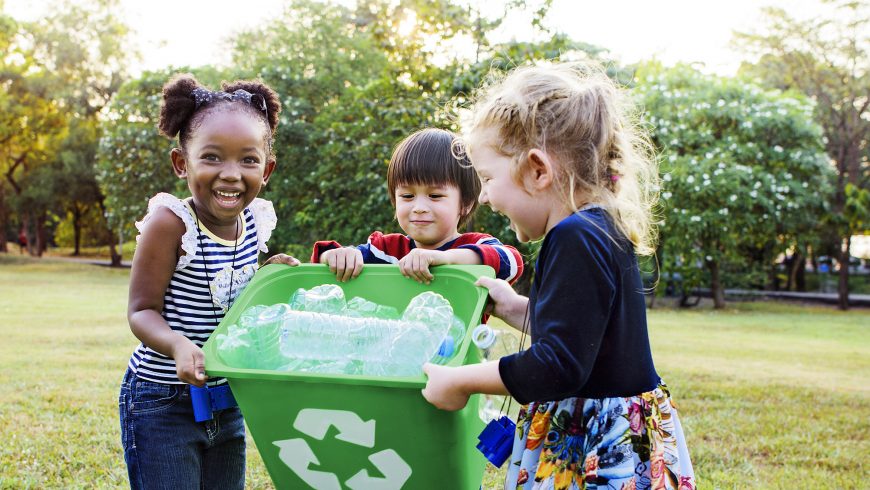 In order to prepare children for the big school, we employ ‘learning through play’ but we integrate structure based on the child’s growing need for more formal instruction and desire for routine. Hence, there is a balance between child led and teacher led activity TLCP encourages students to become independent learners, to make connections between life in school, life at home and life in the world. By helping each child realize that learning is connected to life, a strong foundation for future learning is established.
In order to prepare children for the big school, we employ ‘learning through play’ but we integrate structure based on the child’s growing need for more formal instruction and desire for routine. Hence, there is a balance between child led and teacher led activity TLCP encourages students to become independent learners, to make connections between life in school, life at home and life in the world. By helping each child realize that learning is connected to life, a strong foundation for future learning is established.
Our Commitment
To teach a child to think critically and to solve problems on his own while learning to treat others fairly and respectfully is our commitment.
Teaching Little Children Play School is your partner in this endeavor. To let a child be himself in an environment that fosters love of learning in a relaxed and fun atmosphere.
Play is central to a child’s learning.
Play and learning need not to be separate, play starts and reinforces learning.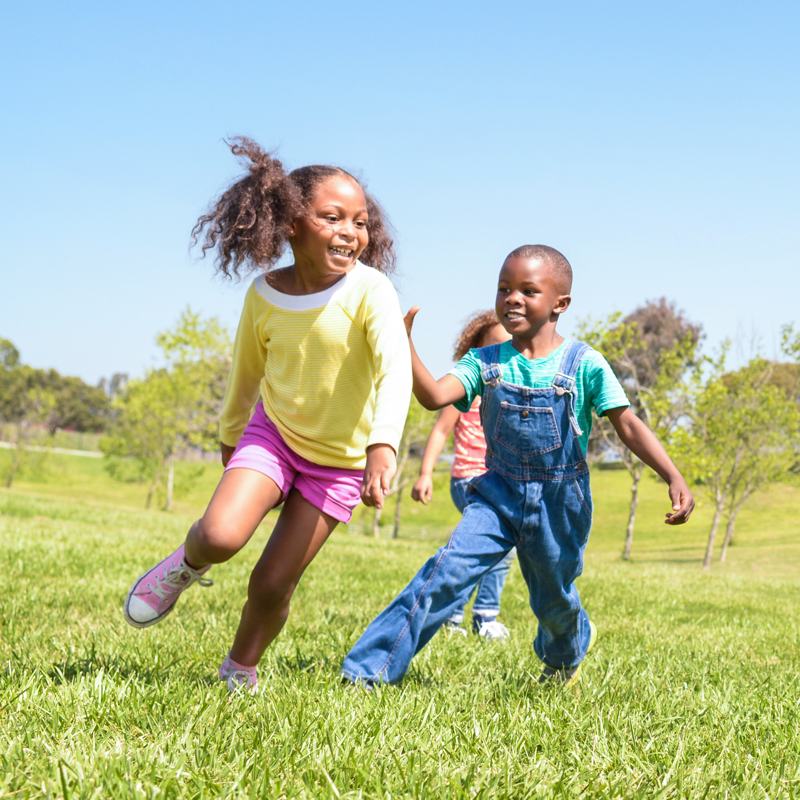
Children develop emotionally, physically, socially and intellectually through play.
Through play, children explore and develop their sense of the world.
Play practices and builds up concepts and skills.
Through play children learn the need for rules and how to control their impulses.
Through play, children learn to cooperate and work with peers.
Through play, children learn how to take risks and make mistakes.
Through play, children think creatively and imaginatively.
Through play, children learn to communicate with others.
Through play children investigate and solve problems.
Childhood play can develop into adult creativity and imagination only if it is encouraged.
Play provides for best learning experiences.
Play encourages children to make decisions.
Play develops and extends their communication skills.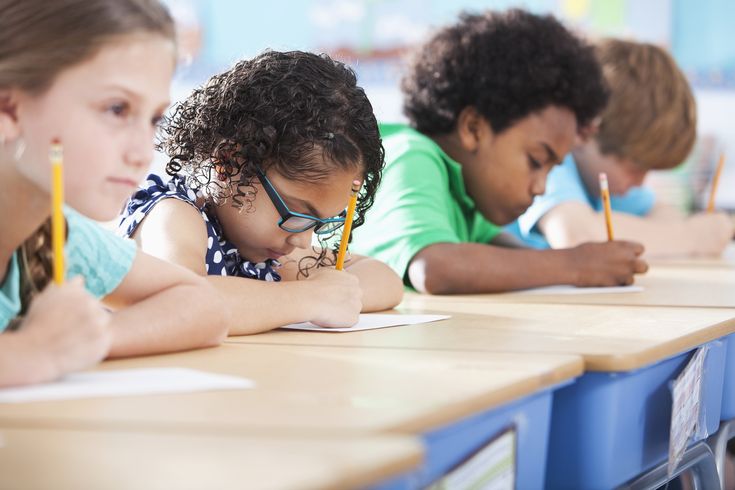
Play encourages questions and develops language use.
Play explores idea of symbolic representation.
Play reinforces the understanding of spatial relationship.
Play develops confidence in the child’s own skill and judgment.
Our Daily Routines
Children benefit from a variety of regular group experiences in our daily sessions. These routines build confidence among the children for the predictability of the everyday sessions makes them more comfortable and at ease because they know what to expect with their time in school.
A typical day of your child will be spent doing the following activities:
Daily Theme:
MESSY Mondays
TASTY Tuesdays
WHIMSICAL Wednesdays
TALENTED Thursdays
FESTIVE Fridays
Circle time
To settle kids down and prepare them for the session; to generate a feel of how the kids are for the day so that teacher can make revisions with her prepared activities if these are not in consonance with the kids' moods; also for attendance checking, learning new nursery rhymes, whole group games and/or discussions
Music and Dance/Movement Time
Interactive Calendar
Story Time
Storytelling of age-appropriate literature that captures the children's interest, also a venue to introduce the day's concept in a more creative way; a great way also to draw out themes, lessons as the story is discussed in the group; sometimes the kids also tell their own made up stories
Sit down time/Art Activity Time
The day’s topic or lesson will be introduced and or futher enhanced through an activity, a song, a rhyme, a hands-on experience or through an art creation; kids are encouraged and trained to take turns, sit still, listen quietly and interact with their classmates.
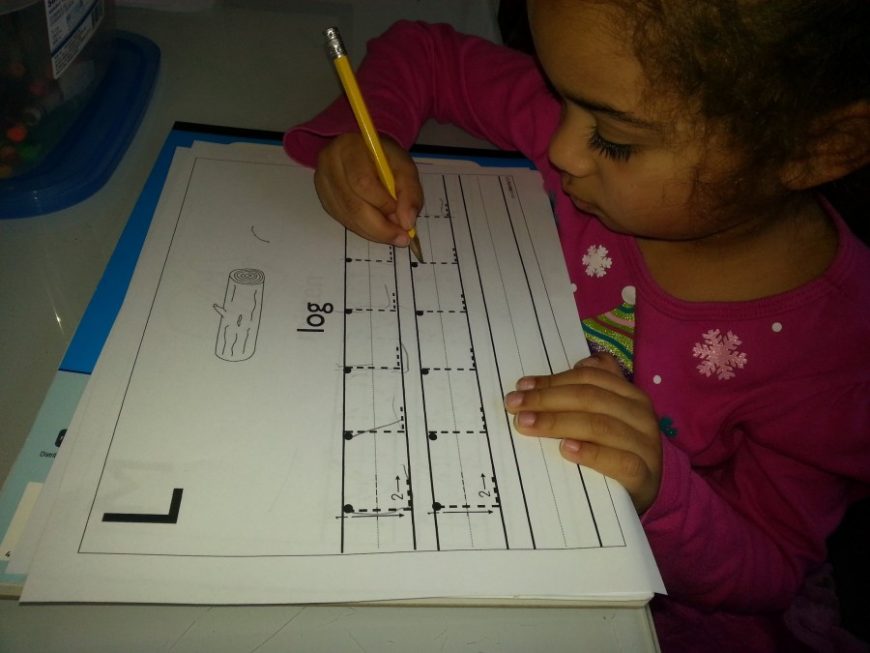
We also have group times in our daily routines.
Group times present an opportunity to introduce new materials, activities, and concepts
During these times, teachers introduce children to new materials and activities.New skills and concepts are often the focus of a group activity. Group times also offer social opportunities to children. Teachers put thought and effort into planning group times. They use their daily observations to see what children are interested in and how they can further their explorations in these areas. Group times are also the parts of the day when learning that needs to be systematic and sequenced — such as specific skills and concepts in literacy or mathematics — can be guaranteed for all children.
TLC Dance Studio Teaching Little Children Marietta, Ga
About TLC Dance Studio
Our Philosophy
TLC Dance's mission is to give your child a positive and fun experience in dance.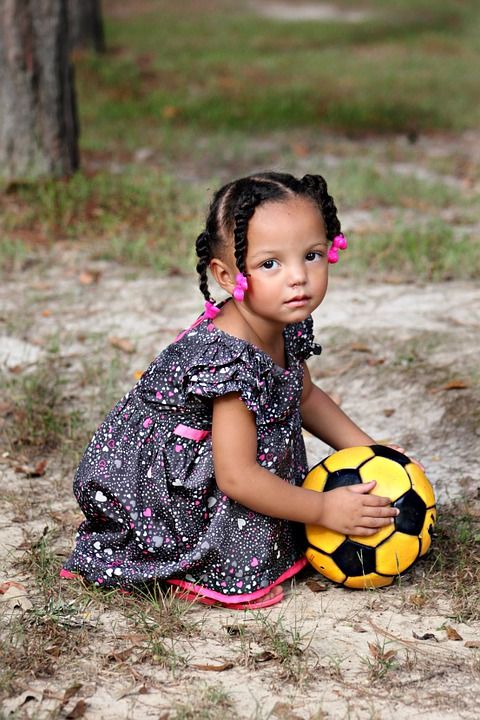 Since 1988, we at TLC have cherished the opportunity to teach so many children to enjoy the art of dance. Dance improves flexibility, coordination, balance, stamina and posture as well as building self esteem and discipline.
Since 1988, we at TLC have cherished the opportunity to teach so many children to enjoy the art of dance. Dance improves flexibility, coordination, balance, stamina and posture as well as building self esteem and discipline.
At a young age, many children show an interest in exploring the world of dance by moving to music and engaging their creative minds. TLC provides the perfect setting to mold and expand on their budding interests. Beginning at an early age gives dancers the opportunity to learn the steps correctly from the start. Not only do we focus on the fundamentals during our class time but we also make it fun. We use a lot of props to entice and engage our dancers. Props can help visual or tactile learners better grasp new concepts, and of course, wands, hats and feather boas are fun for everyone! Therefore, we have a whole room at our studio dedicated to just props!
The instructors at TLC are unique in that not only have they had dance training most all of their lives and have a love of the art to share, but they also have the exciting ability to present the class in a way that a young child responds to. Every day we are actresses to fit the needs of each curriculum. Where else could you be a tiger, a fairy princess, and a flamingo all in one day? We love dance as an art form and we love sharing it with others. It warms our hearts and it is our goal to see young children develop that same love for dance.
Every day we are actresses to fit the needs of each curriculum. Where else could you be a tiger, a fairy princess, and a flamingo all in one day? We love dance as an art form and we love sharing it with others. It warms our hearts and it is our goal to see young children develop that same love for dance.
Founder & Director
Deborah Bowman
"Teaching Little Children has definitely allowed me to operate in my passion. I just love kids and after 30 + years I still get so excited to have the opportunity to love on our dancers while watching them learn their newest dance steps." – Deborah Bowman, Founder of TLC
Teachers
Ivey Rowland
Assistant Company Director
Ivey Rowland began dancing in a studio at age three and was instantly hooked. Ivey trained in many dance styles at local studios and was selected as captain of the first ever Dance Company at Washington County High School. Ivey has been teaching dance classes for over six years now and has had the joy of being a part of TLC Dance for the past three years.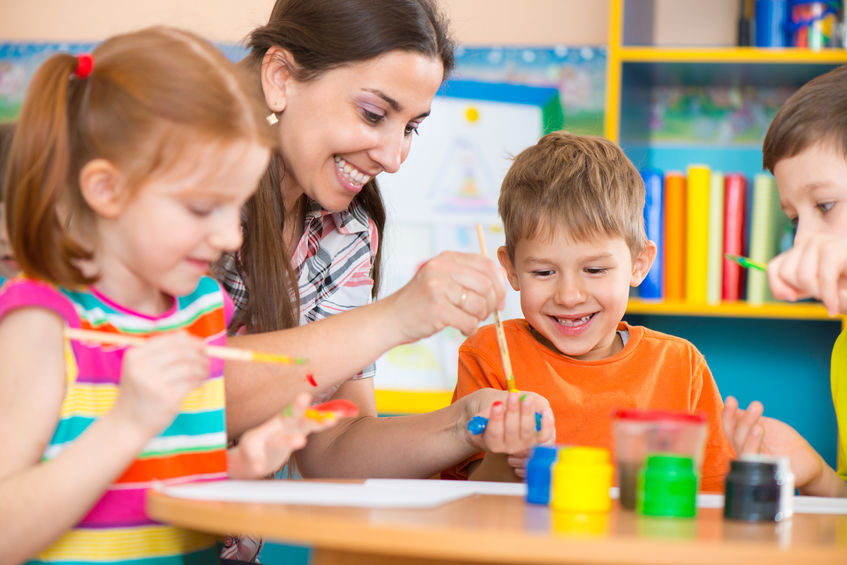 Ivey loves sharing her heart for dance through classes and birthday parties at TLC.
Ivey loves sharing her heart for dance through classes and birthday parties at TLC.
Maigan Cottingham
Preschool/Elementary Teacher
Annette Coody
Company Director
With a BFA in Performing Arts from Cornish College of the Arts, Annette has put her degree to good use. Having enjoyed over 50 years of dance experience, she has had a successful performing career with companies from coast to coast. Annette brings over 35 years of teaching, choreography and directing experience to the classroom. Most importantly she is thrilled to have the opportunity to share her love and passion for the Performing Arts with her students!
Nia-Michelle "Reese"
Preschool Teacher
Reese is a recent graduate of Kennesaw State University with a major in Integrative Studies and a minor in Dance and Marketing. She loves dancing and teaching children dance and watching them improve and have fun.
Taia Galloway
Company Ballet
Taia Galloway is a Georgia native that began her training at the age of 4, predominantly at EnPointe School of Dance.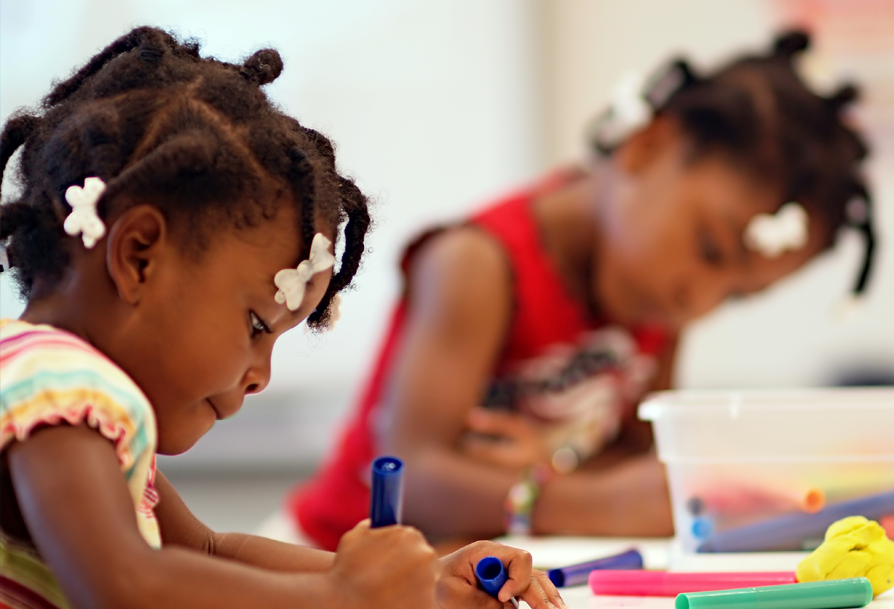 She has attended summer intensives at Atlanta Ballet, Joffrey West Los Angeles, and Dance Canvas. Currently, Taia is attending Kennesaw State University and is double majoring in dance with a ballet concentration and Exercise Science. She aspires to be a great influence for her students and is looking forward to creating an engaging environment for young dancers.
She has attended summer intensives at Atlanta Ballet, Joffrey West Los Angeles, and Dance Canvas. Currently, Taia is attending Kennesaw State University and is double majoring in dance with a ballet concentration and Exercise Science. She aspires to be a great influence for her students and is looking forward to creating an engaging environment for young dancers.
Maddie Weinke
Preschool/Elementary Teacher
"I love TLC because I know how much they care for my precious child while they are lovingly instructing her! I would highly recommend these classes to anyone!"
WHAT PEOPLE SAY
— Holly Prather
How to develop a child from birth? | Education
Many believe that a child should have a carefree, happy childhood and it does not matter whether their child learns to recognize colors, geometric shapes, letters, whether he can read, count, write, draw, and so on before school or at a desk. Others are so passionate about the development of the baby that he does not have time for doll cars.
When a child is constantly busy learning from the cradle, it discourages him from learning further at the same pace. There is no consensus on what is better: to let the boat-child go with the flow or still guide him in this endless ocean of life. We will not convince anyone and incline to any particular opinion, but simply help those who nevertheless decided to develop their child.
Photo: DepositphotosWhere and how to start?
First you need to remember the three golden rules for developing a child's abilities:
1. Game. All children love to play, and it is in the process of playing that it is better to give them knowledge about this world and its features.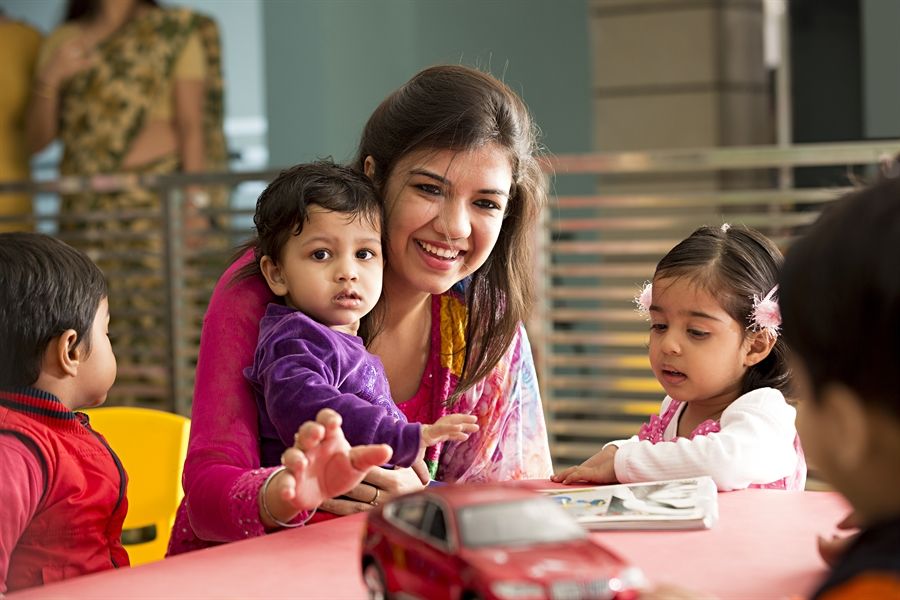
2. Honesty. Develop a child when you have a desire to do it, from the bottom of your heart. If the child does not feel your sincere desire to study with him, then he will absorb the information inattentively and without enthusiasm.
3. Fantasy. Imagine yourself for a while as a small child and perceive learning, development through the prism of a child's worldview and feelings.
For the first few months, the baby sleeps almost all the time, and eats during breaks, and he acquires his initial knowledge about this world by listening to the speech , the voice of his parents. You need to talk with your baby as often as possible and about everything that surrounds you and him.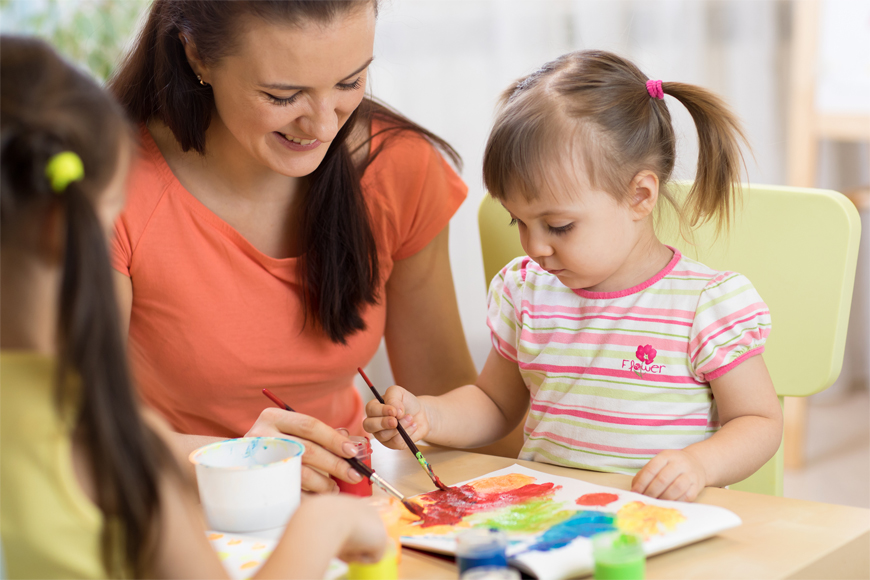
Play with your voice: increase your intonation if you are talking about something unusual, interesting; switch to a whisper if you want to inform him of something mysterious and mysterious. Comment on all your actions, call a spade a spade, talk not only about what you see, but also about your feelings, mood. Come up with affectionate names, nicknames for your child. Any person, even a tiny one, likes to be affectionately called by name. The emotional sphere is very important for the development of a child at an early age. Photo: Depositphotos
The main source of information for the baby during the first months of life is vision and hearing . Make sure that your baby has something to look at while awake. Show bright toys, simple contrasting pictures, photos of loved ones, and even the reflection of a child in the mirror. The optimal distance for showing a child any objects is 20-30 cm.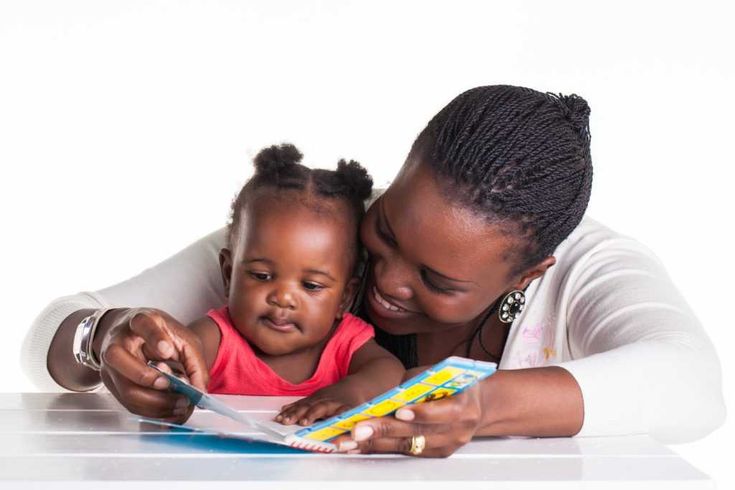
Attention development game : gently move the toy in different directions in front of the child's face several times, then fix the toy in one position for a few seconds so that the child can see the obscure object better, then hide the toy and show it again.
In the first two months of life, children respond better to high-contrast black and white images , let there be 5-6 such pictures in your arsenal. Hang 1-2 pictures near the crib or on the wall, where you often pass with the child when he is in your arms, and change the image every 2-3 days. Drawing the child's attention to the pictures, tell in detail what is drawn on them, your opinion, feelings, make up mini-stories. In addition to showing pictures, it is useful to take the baby in your arms and arrange tours around the house.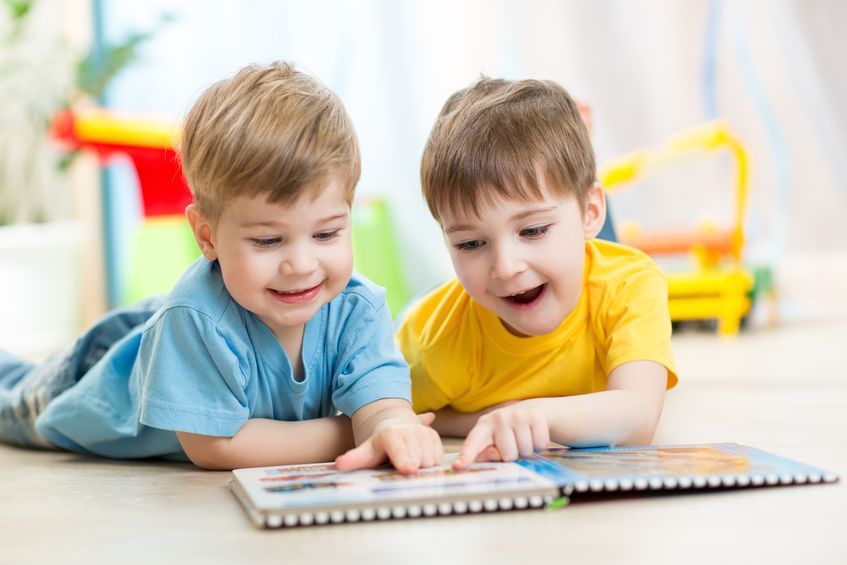 Photo: Depositphotos
Photo: Depositphotos
To develop your hearing, it is better to use rattles with different sounds, or you can make such musical toys yourself: put various fillings in jars so that the sounds differ significantly from each other. Soon you yourself will be surprised how selective your child is in choosing a melody.
Good ear development music . From birth, put calm, pleasant music on your child - now there are a lot of discs with classical music for babies, lullabies, calm melodies, sounds of nature ... Introduce your baby to different rhythms. Listen to fast, loud, melodic, slow music.
When a child begins to consciously reach for objects, clenches his fists, you can hang a turntable or mobile near his bed. Let the baby not yet be able to grab a spinning object, but how much effort it makes! An alternative to a mobile phone can be a baby horizontal bar or a developmental rug.
Let the baby not yet be able to grab a spinning object, but how much effort it makes! An alternative to a mobile phone can be a baby horizontal bar or a developmental rug.
It is pleasant for a child to realize that he can move toys himself, cause some sounds. Try sewing small bells or ringing rattle balls to the socks, or you can make ringing bracelets on the handles. When moving a hand or foot, the baby will make sounds, so he will develop an associative connection - movement-sound. Photo: Depositphotos
It is also very useful to develop tactile sensations : give the child objects that are different in form and content. Playing with bags that are made of different fabrics and filled with different materials (cereals, beads, rustling bags, cotton wool, sawdust, etc. - everything that can be folded into a small bag and hermetically sealed) is perfect for this purpose.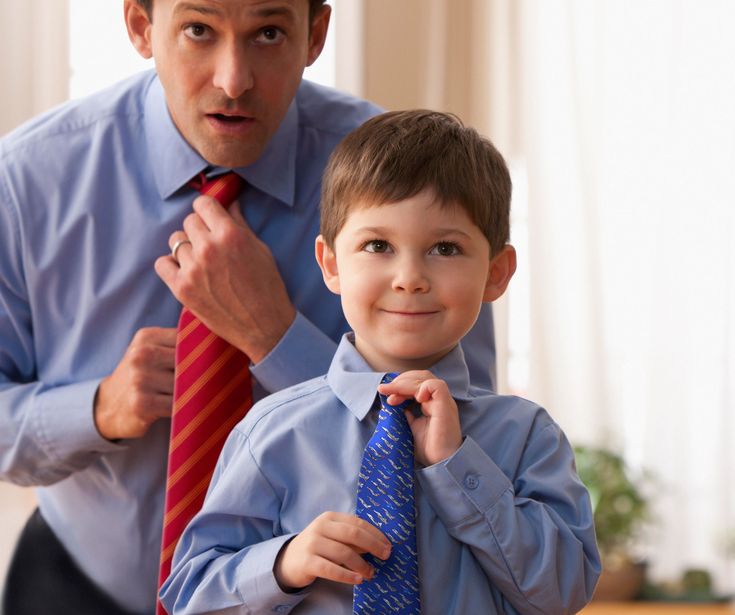 In addition to such a game with bags, you can give the child to touch warm, hot, loose, hard, rough, smooth - the more diverse his sensations are, the more beneficial it will affect the development of the baby.
In addition to such a game with bags, you can give the child to touch warm, hot, loose, hard, rough, smooth - the more diverse his sensations are, the more beneficial it will affect the development of the baby.
For the development of motor skills buy your child a sturdy small children's piano with large musical buttons - it will be your baby's favorite toy! The child can make sounds, tap the keys, look at pictures, listen to his piece of music endlessly and every time with genuine interest. For such a musical game, it can be planted on pillows, or you can put it on your tummy. We immediately develop motor skills, and hearing, and attention, and tactile sensations!
Water games are not only useful, but also interesting! As soon as the child learns to hold his head while lying on his tummy, you can send him to "free swimming": run into a bathtub filled with 10-15 cm of warm water.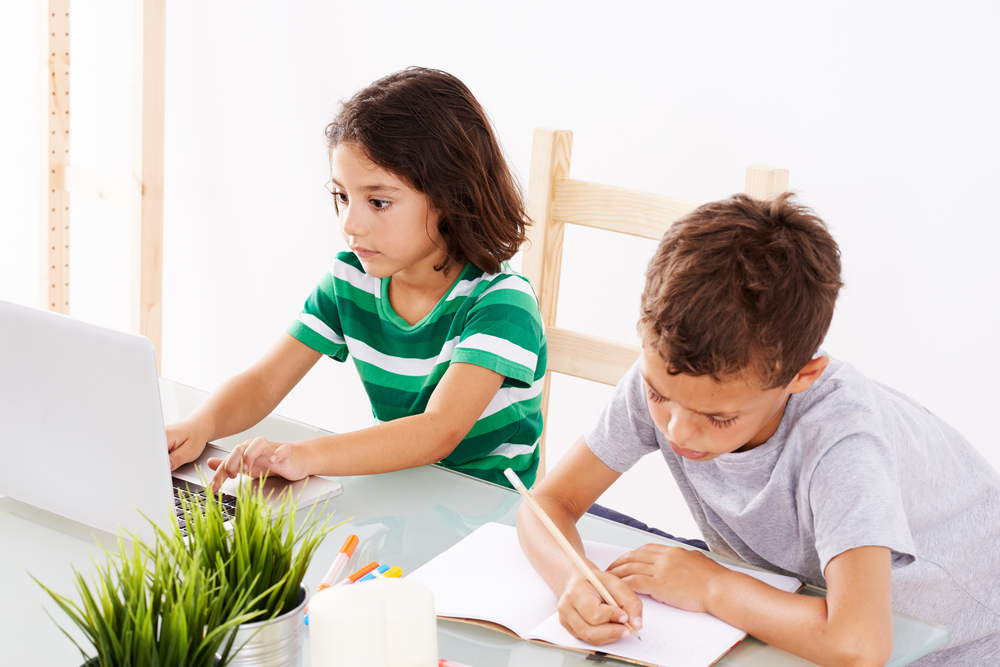 If the child still does not hold the head upright, support it by the chin. Let the bath have 2-3 bright toys for playing in the water, to which the child will reach, merrily slapping the water with his hands and feet. And if you take a full bath of water, then you can safely walk along the bottom, such exercises strengthen and develop the muscles of the back and legs. Over time, when the child begins to get on all fours and crawl on his own, bathing can become his favorite pastime. Photo: Depositphotos
If the child still does not hold the head upright, support it by the chin. Let the bath have 2-3 bright toys for playing in the water, to which the child will reach, merrily slapping the water with his hands and feet. And if you take a full bath of water, then you can safely walk along the bottom, such exercises strengthen and develop the muscles of the back and legs. Over time, when the child begins to get on all fours and crawl on his own, bathing can become his favorite pastime. Photo: Depositphotos
It is necessary to develop a child constantly, increasing the amount of information given with age. If earlier you used to call things with monosyllabic primitive names, now try to clarify the details, color, shape, size, position in space, etc. In addition to simple pictures on a white background, show your child the tables, maps, diagrams hung on the walls of your house. And when the baby learns to sit, then paper pictures can be replaced with children's electronic presentations, where the slides automatically replace each other.
And when the baby learns to sit, then paper pictures can be replaced with children's electronic presentations, where the slides automatically replace each other.
Explain, repeat often, show your interest in the process so that the child feels that he is just being played with, not seriously taught. Of course, the baby will not immediately understand what you are telling him so enthusiastically about, and will not remember all those pictures that you show him so often, but he will constantly feel your attention to himself, hear your gentle voice addressed to him. And most importantly, he will not discover this world alone!
Tags: baby development, ability development, baby, attention development, child development, baby development, small children
educational activities for children online
Open the world of knowledge to your child
Online classes for children from 3 to 10 years old.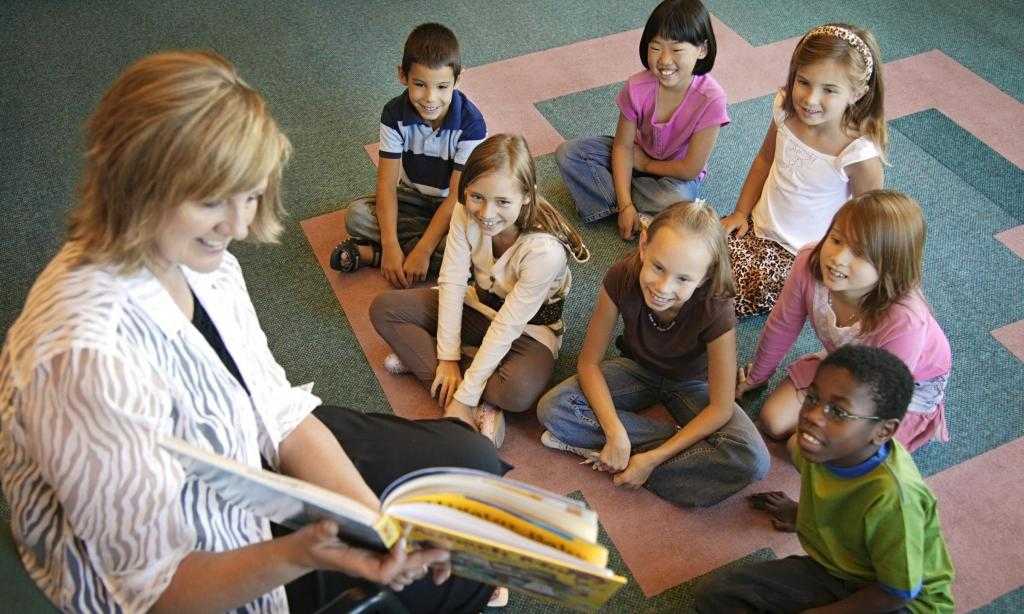 Preparing for school and improving the performance of younger students.
Preparing for school and improving the performance of younger students.
Create an account
Intellectual development of the child
Development
The development of attention, memory, thinking is the basis of successful learning.
Education
Practicing the most important and complex topics of the school curriculum - provides an increase in academic performance for younger students.
Sciences
Acquaintance with the basics of various sciences - an opportunity to learn how to work with information and gain versatile knowledge.
Trial tasks
Choose an age, then the desired block and topic of classes - and forward to new knowledge and success!
3-4 years 5–6 years 7–8 years 9-10 years old
How does it work?
one How to start? Free
- Registration
- Testing
- Trial lessons
2 How to continue?
Completion of online classes
in accordance with the individual development plan
.
3 What is the result?
- School improvement
- Formation of adequate self-esteem
- Interest in learning
Why Razumeikin is useful
Video instruction "Razumeykin"
Cost
Access to personal account
Free
- Registration
- Testing
- Trial lessons
Try now
Course subscription for a period
From 450
- School improvement
- Awards
- Statistics
Buy
Purchase the course forever
From 1000
- Unlimited access to the course
- Material can be repeated at any time
- Awards
- Statistics
- Recommendations
Select course
Our awards
Parent reviews
- Parent:
- Louise
- Child:
- Smart
- Child's age:
- 8
- Location:
- Novorossiysk
We were looking for chemistry for kids, stumbled upon Razumeikin.In the Science block there is not only chemistry, but also physics, geography, biology, and for younger children also culture. Classes of the block of Science for the younger age passed and did not regret it. Now gone for your...
Read more
- Victoria Volkova
- Child:
- Mirabella
- Child's age:
- 5
- Location:
- Moscow
Thank you for such a wonderful site and project! Very insightful, informative and insightful! Many sections for every taste! Kids and parents love it!
- Parent:
- Nekhaeva Lyubov
- Child:
- Mirabella
- Child's age:
- 5
- Location:
- Moscow
I want to thank the Razumeikin website for the excellent presentation of the most relevant material, as well as for the free award courses - the child received an award cup and was very happy about it!
- Parent:
- Elena Zhukova
- Child:
- Nicholas
- Child's age:
- 5
- Location:
- St.
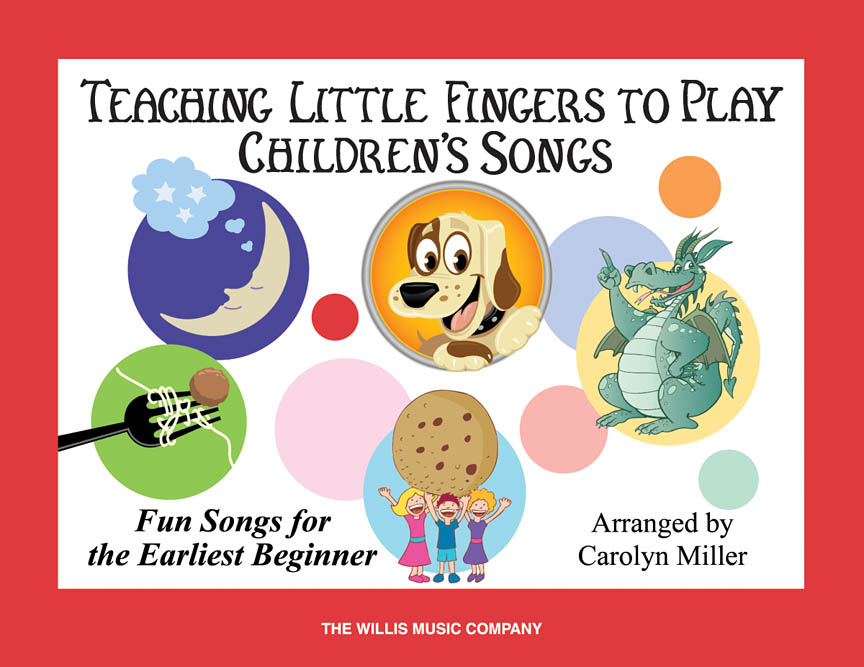 Petersburg
Petersburg
An interesting course of online preparation for school. My son likes to study, he is especially happy when the gnome praises for a job well done)) Thank you, Razumeikin!
- Parent:
- Alena
- Child:
- Sofa
- Child's age:
- 7
- Location:
- Angarsk
Everyone, I advise the site, Razumeykin, very intelligibly helps the child to master knowledge) after all the tasks completed, the child likes the words, Razumeykina, SMART, GOOD FELLOW, AND THIS IS THE RIGHT ANSWER ... when a child is praised, tasks are completed with great ...
Read more
- Gleb Smorodinov
- Child:
- Vlada
- Child's age:
- 6
- Location:
- Kazan
7 years ago, my son and I discovered a wonderful resource for the education and development of children of preschool and school age. At that time, the son went to school and it was necessary to prepare for exams in the first grade, the site "Ra...
Read more
- Child:
- Natasha
- Child's age:
- 10
- Location:
- Balashikha
Excellent site, interesting tasks on the "Chemistry" block.Loyal support, we opened another additional module, which we were very happy and grateful for! I want more chemistry for 11-14 years old!
- Parent:
- Olga
- Child:
- Dima
- Child's age:
- 4
- Location:
- Tchaikovsky
Passes the course "Training" 3-4 years. Started working out very recently. The assignments are interesting. The child likes it very much, enjoys it. My son is 4 years old, so I sit next to him and explain if the picture is a bit incomprehensible, but basically he presses everything himself.
- Parent:
- Elena
- Child:
- Margarita
- Child's age:
- 5
- Location:
- Shchekino
I was looking for an interesting site with entertaining and not annoying tasks.Accidentally stumbled upon the Razumeikin website. Daughter loves to play!
- Parent:
- Ulyana
- Child:
- Child's age:
- 5
- Location:
- Krasnodar
Sitting in quarantine, we went through a lot of developing sites for children, and settled on Razumeykin! ! I worked remotely and my daughter did it herself! 4 year old started reading by herself! I recommend this site - there is a free version, you can try a few for ...
Read more
- Child:
- Erik
- Child's age:
- 5
- Location:
- Tallinn, Estonia
Accidentally stumbled upon a page on the Internet and it seemed that exactly what you need.My son is 5 years old, we learn the alphabet at home, but there are simply not enough books and he gets bored quickly. We chose the block "Letters and reading" and it turned out to be what we needed. The child likes that at first ...
Read more
